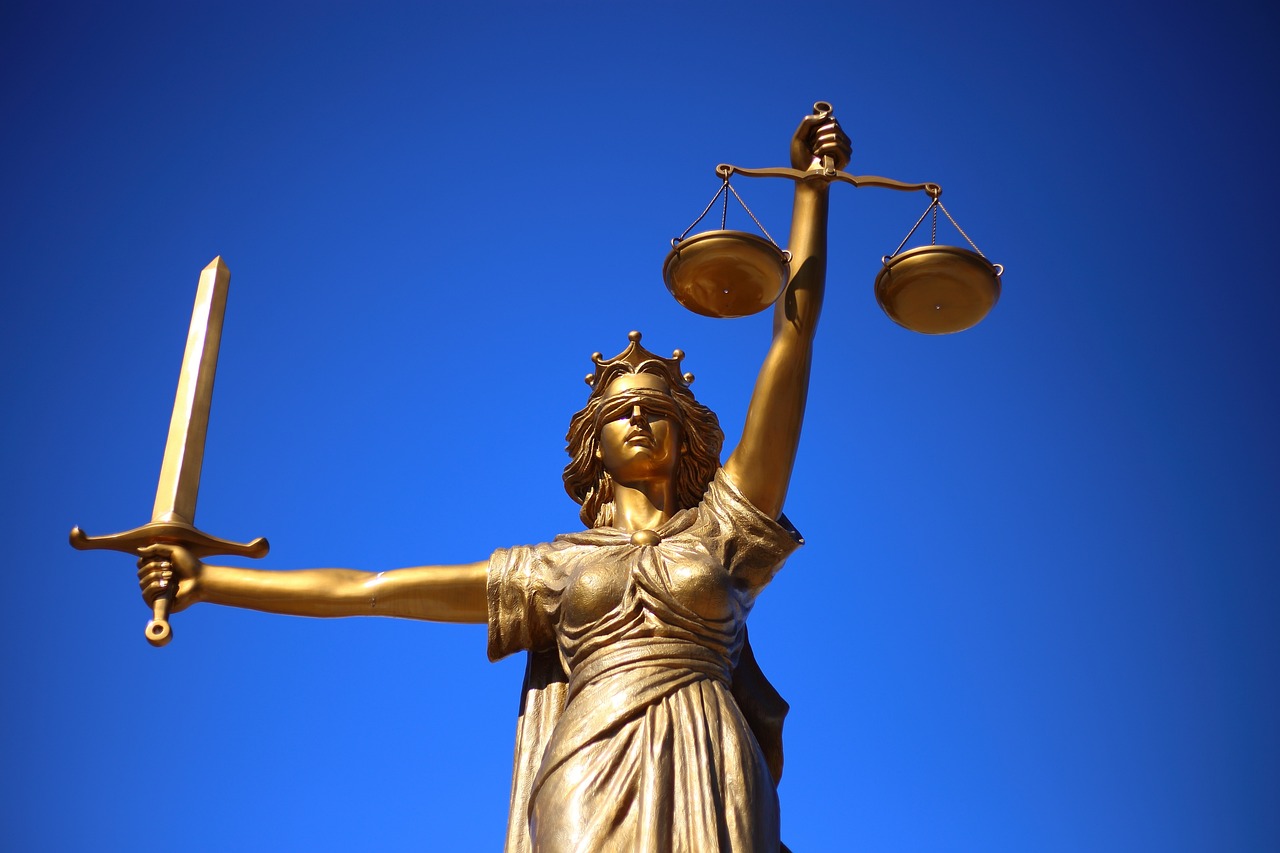Jury Deliberations Continue in Conor McGregor Civil Case
The jury in the civil lawsuit against Conor McGregor has resumed deliberations at the High Court in Dublin. This high-profile case centers on serious allegations made by Nikita Hand, who claims that McGregor “brutally raped and battered” her at the Beacon Hotel in December 2018. McGregor, a prominent figure in the sports world, has maintained that his encounter with Hand was consensual.
Background of the Case
In addition to her claims against McGregor, Hand is also pursuing legal action against James Lawrence for assault. Over the past two weeks, the court has heard extensive evidence from both sides, culminating in closing remarks that concluded Thursday afternoon. The jury, comprised of eight women and four men, began their deliberations shortly after 3 PM local time.
The jury’s task is to answer two pivotal questions: Did Mr. McGregor assault Ms. Hand? Did Mr. Lawrence assault Ms. Hand? Their responses will determine the direction of the case.
Should they find in favor of either plaintiff, they will then assess potential damages. Justice Owens has instructed the jury to remain focused on the evidence presented and to refrain from discussing their deliberations with anyone outside the jury room.
Legal Considerations
Justice Owens emphasized that any “no comment” responses from McGregor during police questioning should not lead to adverse inferences about his character. He highlighted several types of damages that could be awarded if the jury finds for Ms. Hand, including compensation for pain and suffering, emotional distress, and punitive damages for serious offenses like rape.
The judge urged jurors to avoid double counting damages and to maintain objectivity throughout their discussions.
In addition, he noted that if they consider future loss of earnings when determining compensation, a 15% deduction should be applied due to uncertainties inherent in life circumstances.
It’s important to note that under Republic of Ireland civil law, neither party is granted automatic anonymity during court proceedings. As this case progresses, it continues to attract significant public attention due to its nature and the fame of those involved.
As deliberations unfold, all eyes remain on this landmark case, which not only impacts those directly involved but also raises broader questions about accountability and justice within high-profile legal contexts. The outcome may set a precedent for how similar cases are handled in the future.


